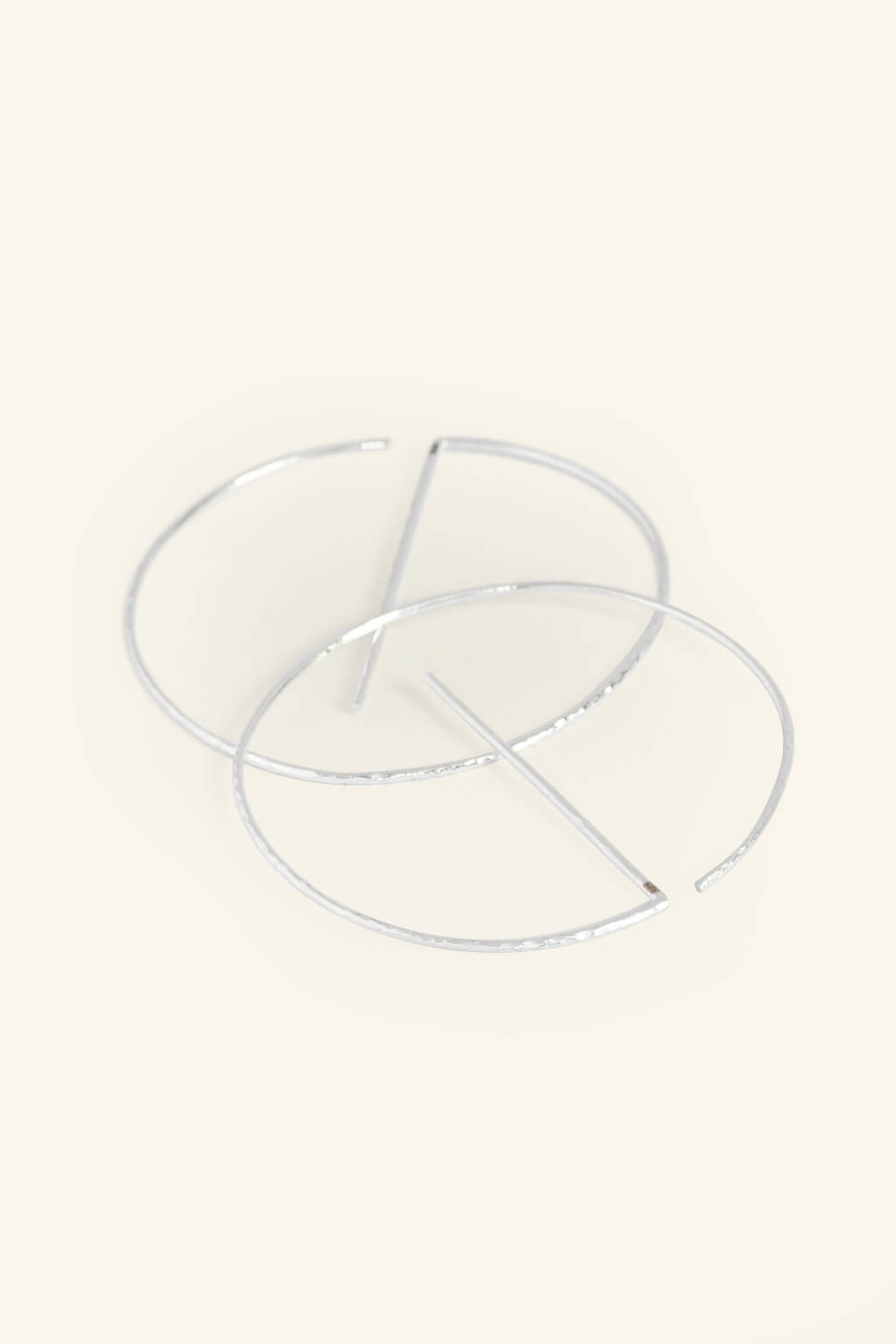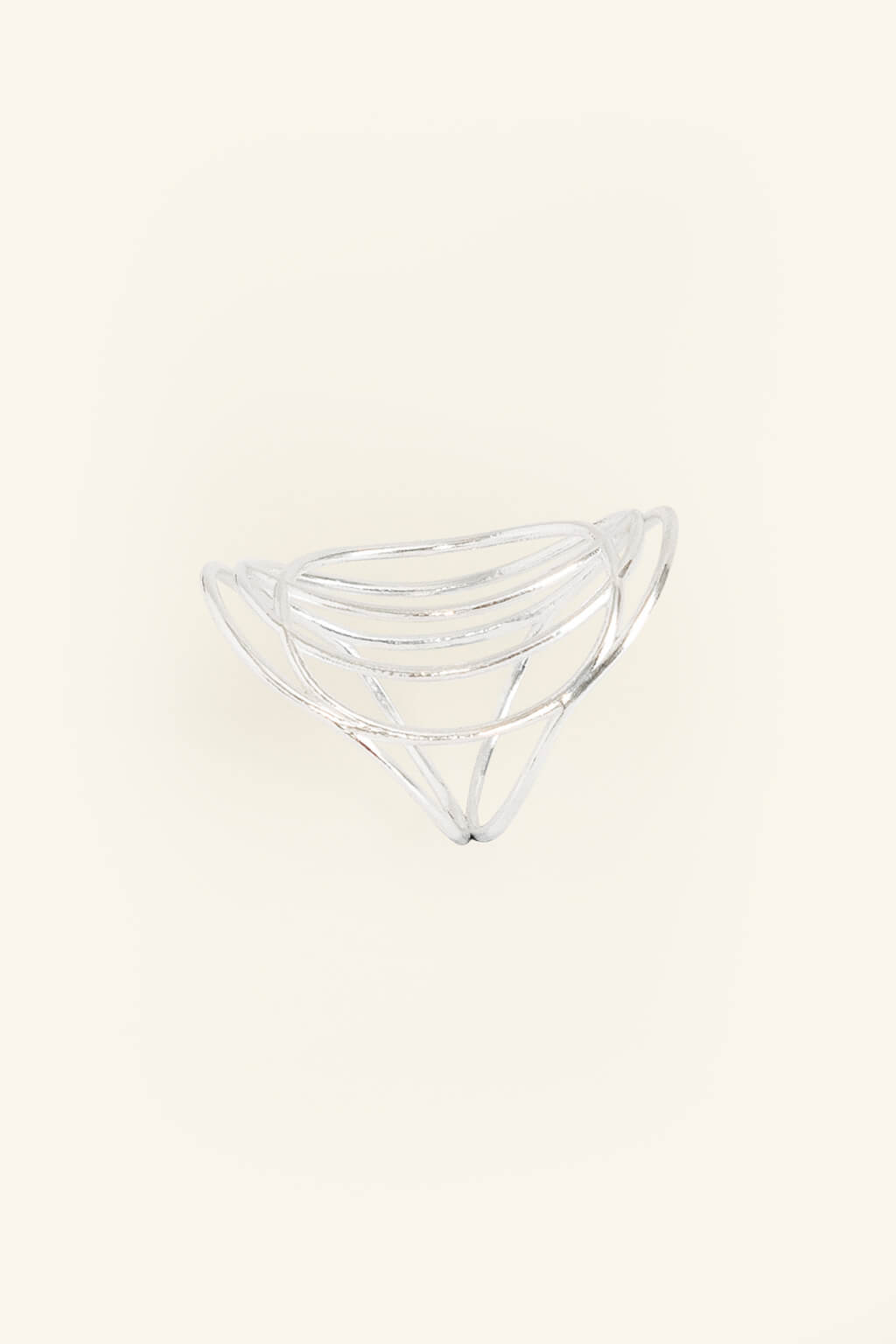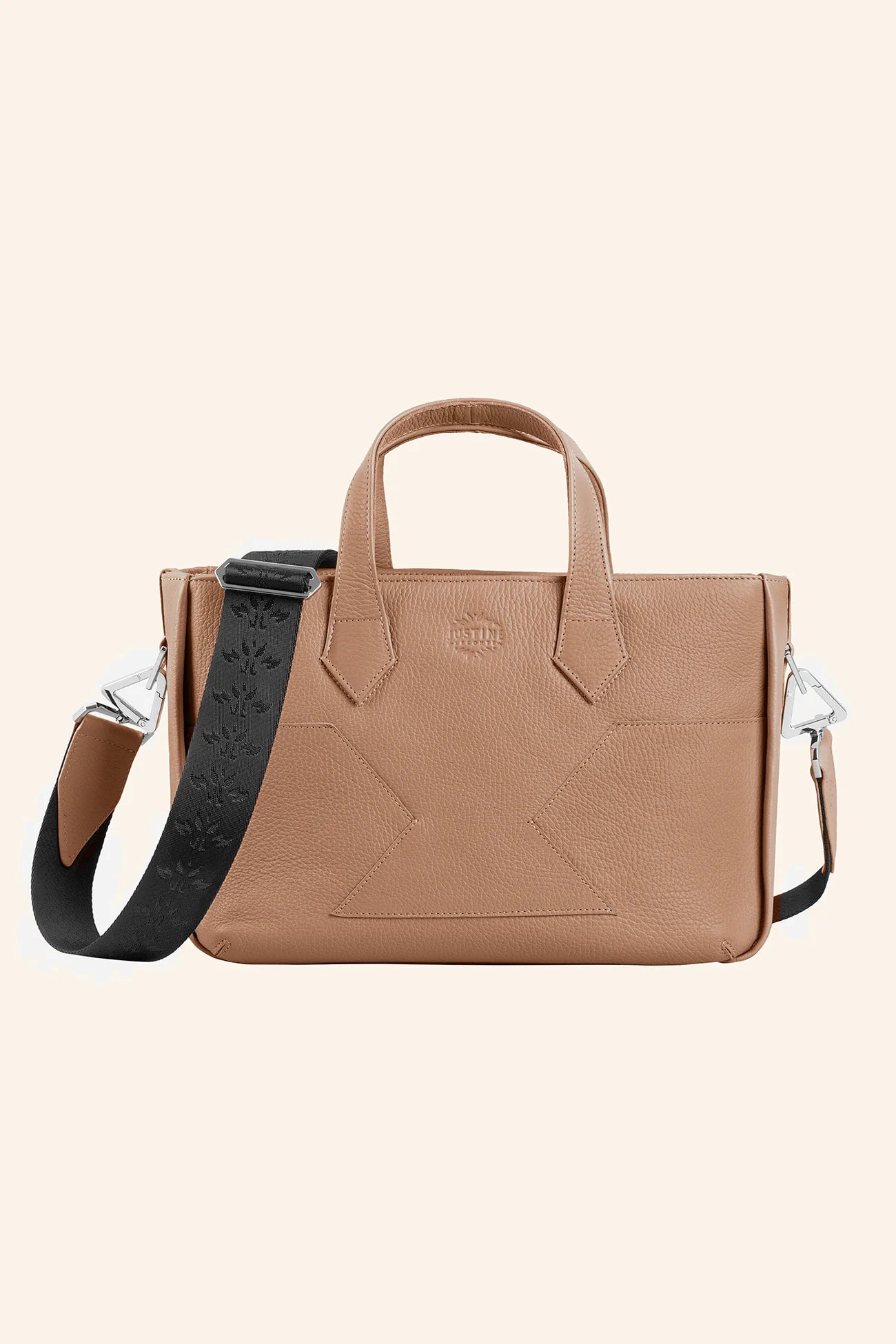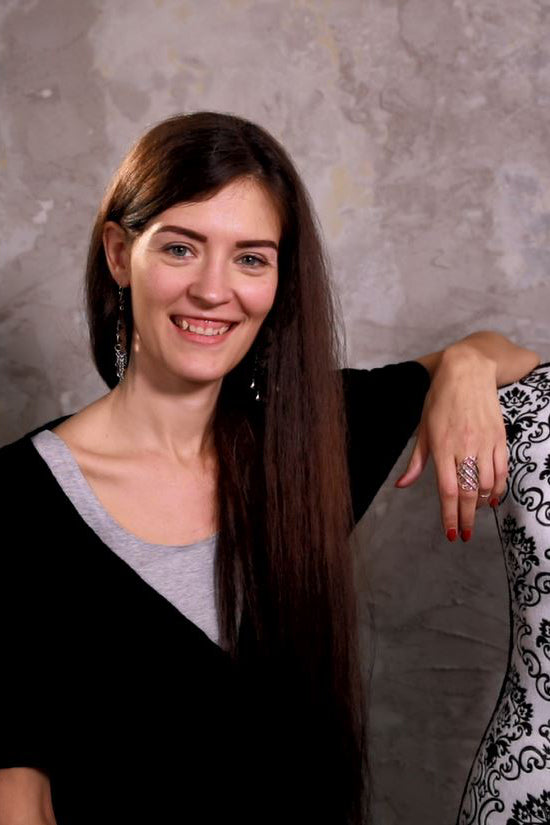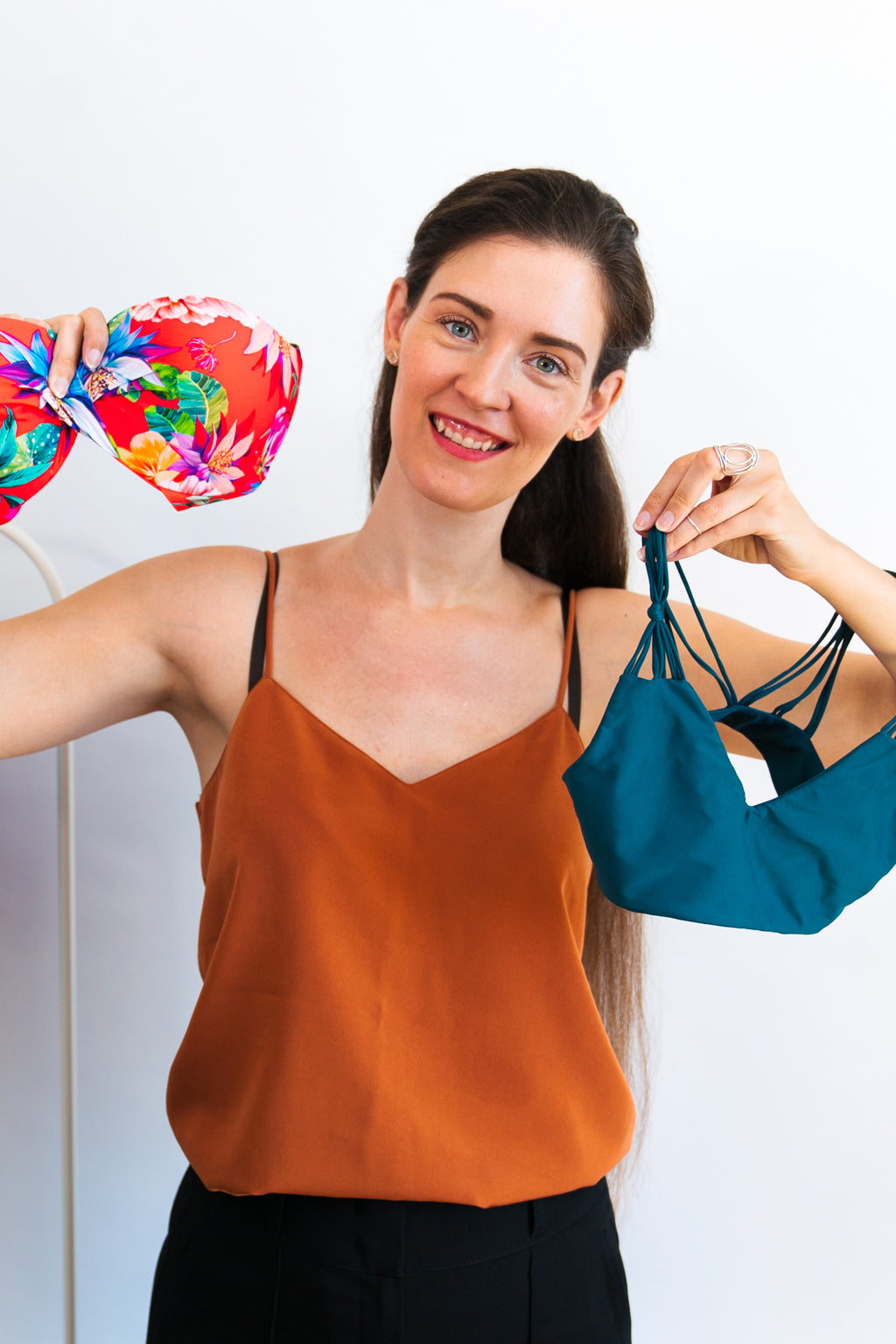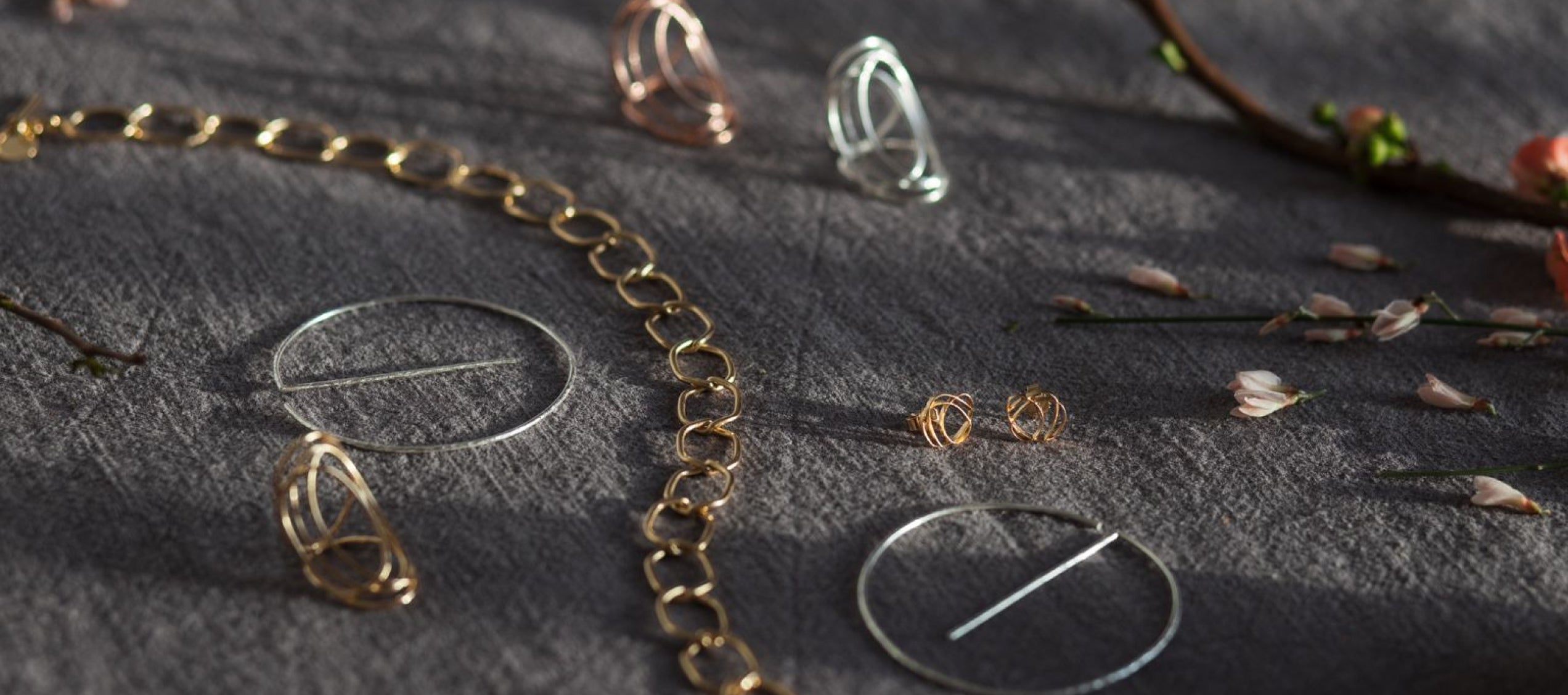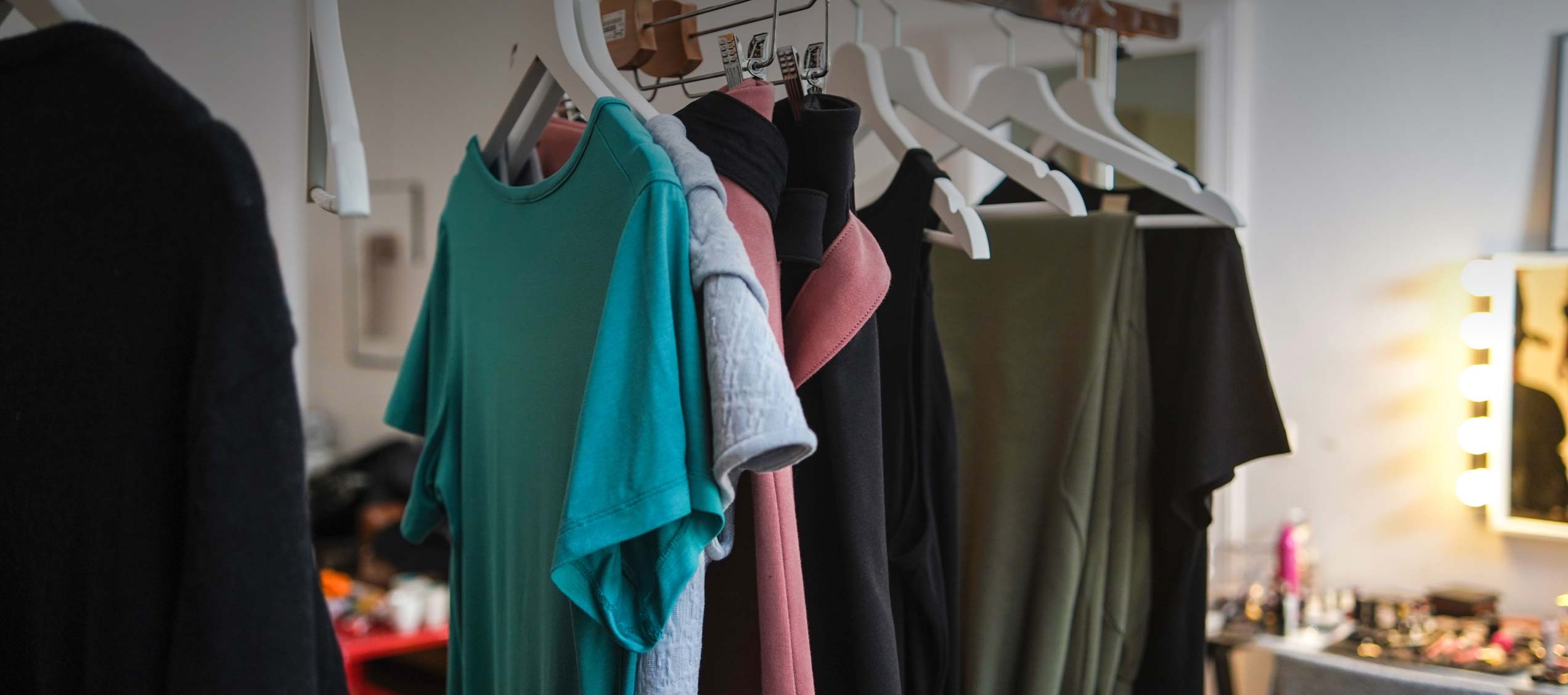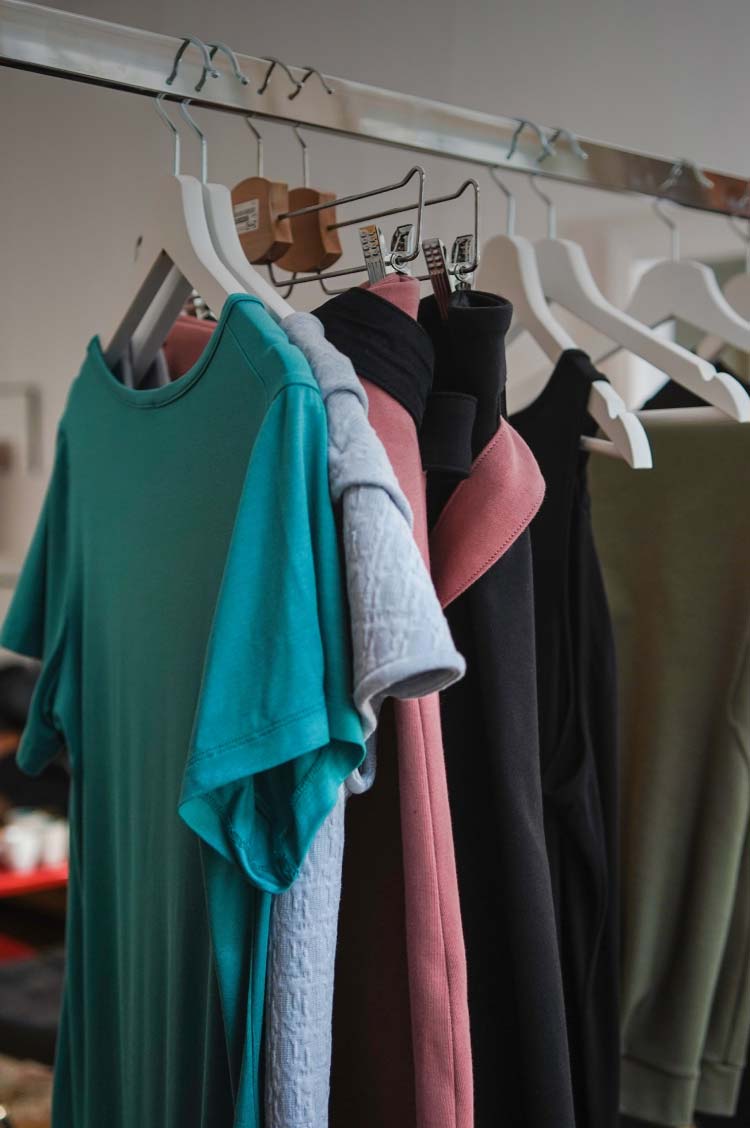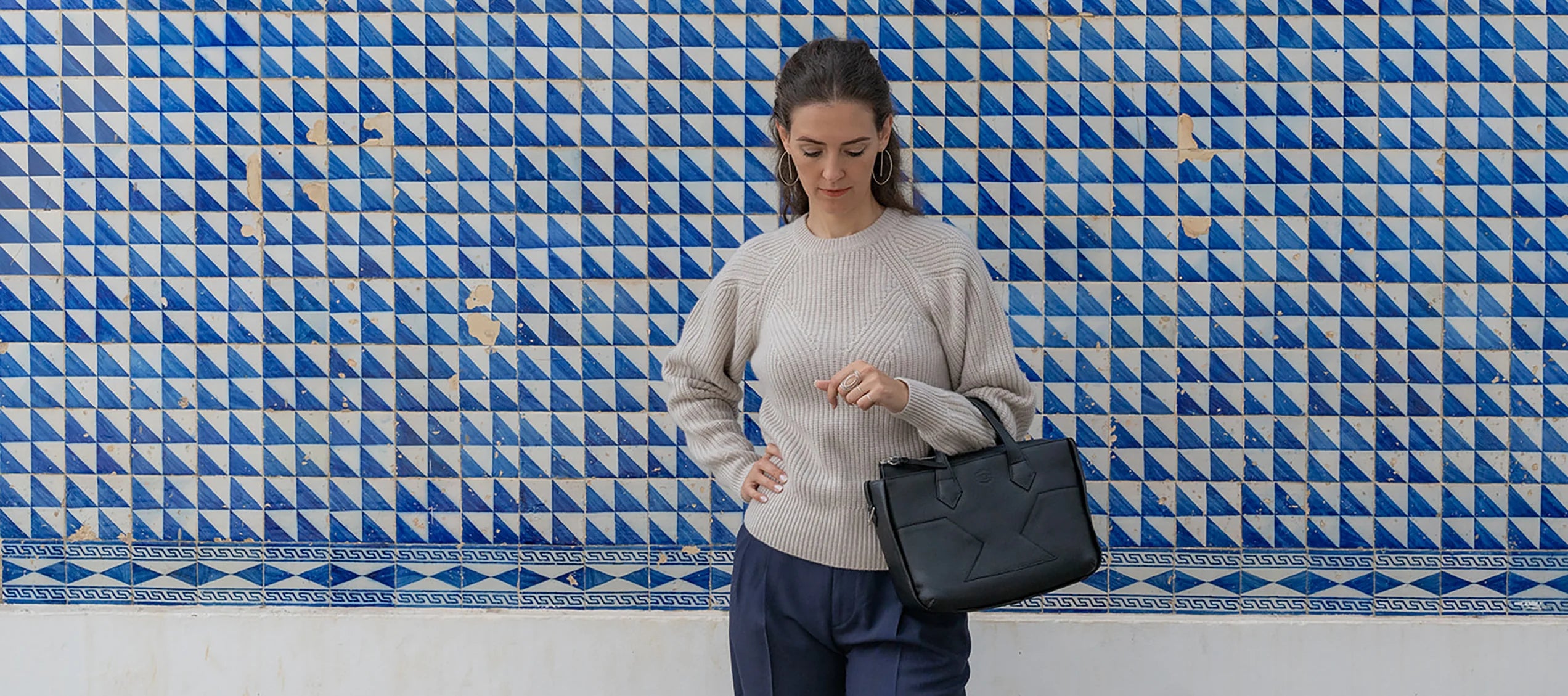Congratulations, you’re already ahead of many people. Usually people tell me that they’re not sure what their style is, they tend to buy clothes which are similar to what they already own & wish their closets would feel more personal, more unique.
What’s the situation like in the fashion industry?
You already know where you stand in terms of style, so let’s talk about quality and sustainability. Nobody teaches that in schools so you can’t be expected to know what’s going on behind the scenes in the fashion industry. There are brands greenwashing their way to your heart - or to your wallet - like H&M and Primark. There are brands that completely disregard the safety of the garment workers and the environment, producing low-quality-low-ethics items in synthetic fibres with toxic chemicals - the largest brand coming to mind here is SHEIN. I test-ordered from SHEIN so you don’t have to. The fast fashion trend is a trap, it will swallow your budget, have you looking like everyone else & leave you unsatisfied with the quality of the garments you’re wearing.
So where to start? What is sustainable, where to look and how to know for sure?
My advice is to start with this: learn to spot a fast fashion brand. Understand how brands are trying to fool you with keywords that don’t have a real definition (e.g. “green fashion”, “good cotton”... what do these words even mean?).
Then learn how to shop more sustainably. This means shopping more consciously, probably less than you used to, but buying higher quality items. If you want to curate your wardrobe with more intention, you’ll find this resource helpful: I created a fillable wardrobe checklist + guidance and answers to your most frequent wardrobe questions.
What does “good quality” mean, when shopping for clothes?
If you’re curious about what actually makes a good-quality garment, this video will bring you some insight. There’s always a reason why a garment costs less nowaday than it did 20 years ago - for instance if you look at outerwear, the difference in quality is baffling (e.g. between a €175 new COS trenchcoat and a vintage Burberry trenchcoat).
Materials are often key to quality fashion
Materials are also a topic to dive into. For instance “vegan leather”: most of the time, it is polyurethane aka. plastic aka. a petrol-based material which scores extremely poorly in terms of durability, recyclability and biodegradability.
Brands being untransparent is a red flag
The most important factor (cost driver) in a garment production is labor: unethical brands outsource their production to external factories with no certification, in countries where labor laws are not robust enough, and don’t audit or check the working conditions. So if a brand doesn’t disclose enough information on its website: ask the questions & see if they’re willing to be transparent. If not, that’s an immediate red flag.
If you’re interested in learning more about building a more ethical wardrobe, subscribe to my (free) monthly newsletter. It’s fashion info and tips landing straight in your inbox, so you don’t have to look for the info yourself:

